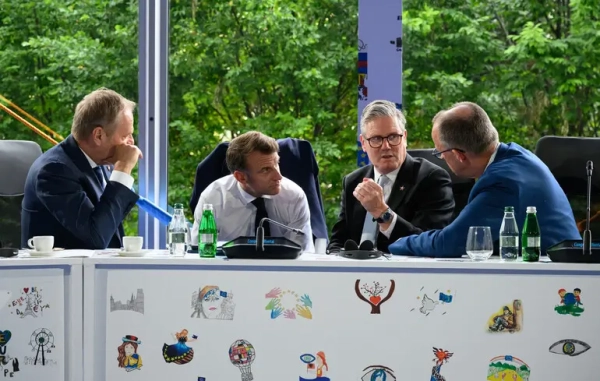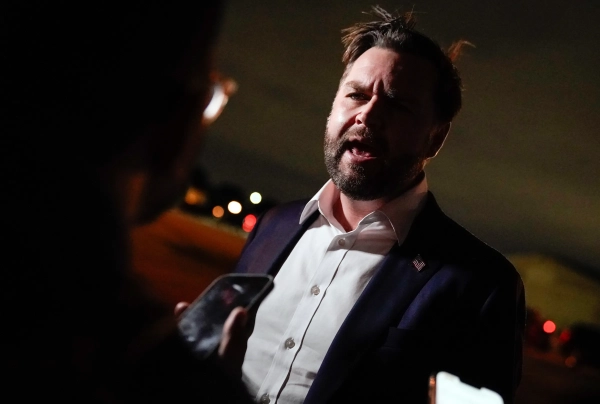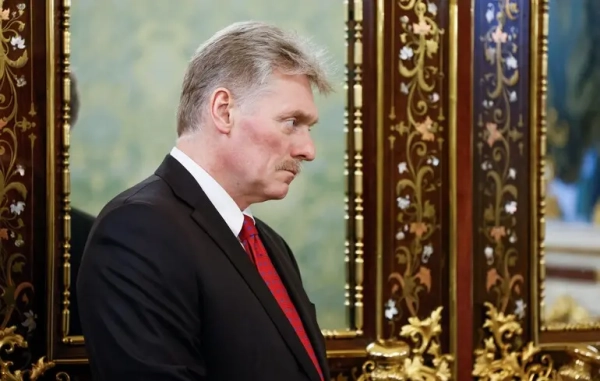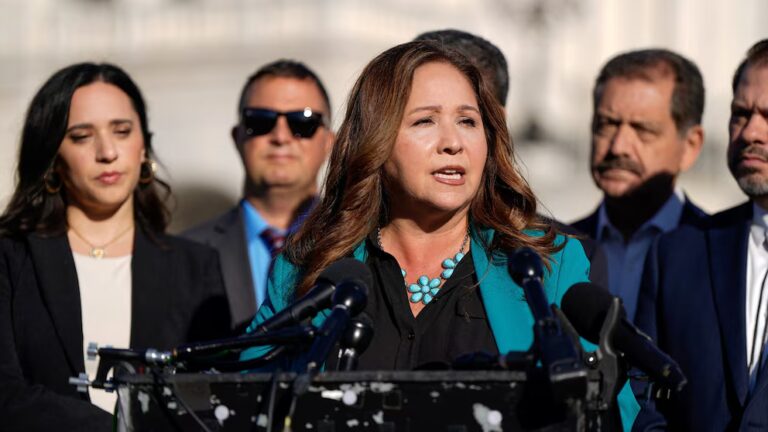
European leaders will gather in Paris this Thursday, September 4, to discuss security guarantees for Ukraine, including the possibility of deploying multinational troops. According to European Commission President Ursula von der Leyen, these plans have been agreed with the White House and will have the support of the United States.
In an interview with the Financial Times, von der Leyen stressed that there is a “clear action plan” for future security guarantees that is progressing “very well.” She stressed that the deployment of troops is a sovereign decision for each state, but “the sense of urgency is very strong and the process is taking shape.”
Von der Leyen made the statement during a trip to Eastern European countries bordering Russia. The focus of her visit was on the need to increase defense spending and strengthen the EU's military preparedness.
The remarks came ahead of a meeting of European leaders this week to cement national commitments to join the Western-led force. The European Commission chief said capitals were working on plans to “deploy multinational forces with US support”.
“President Trump assured us that the American presence will be part of the support,” she stressed. “This has been confirmed repeatedly,” von der Leyen noted.
For its part, Kyiv is demanding specific security guarantees from its allies, including a military presence on Ukrainian territory, as part of a future peace deal that would end the war started by the Kremlin three years ago.
It is expected that this could involve the deployment of tens of thousands of European troops, supported by American command, control, intelligence and surveillance systems. The general agreement was reached last month at a meeting between US President Donald Trump, Ukrainian leader Volodymyr Zelensky and several senior European politicians.
German Chancellor Friedrich Merz, British Prime Minister Keir Starmer, NATO Secretary General Mark Rutte and von der Leyen herself are expected to join the discussion in Paris. The meeting will take place at the invitation of French President Emmanuel Macron.
Last week, the defense ministers of the “coalition of the willing” met, during which, according to Ursula von der Leyen, “quite concrete plans were developed.” The discussion focused on the key elements needed to effectively build up the military presence.
At the same time, she emphasized that the decision to deploy troops remains the exclusive sovereign right of each state and requires political consent.
“However, the sense of urgency is very strong, and the process is gradually taking shape,” the President of the European Commission emphasized.
Von der Leyen also noted US President Donald Trump's willingness to join peace efforts after a period of uncertainty about his position. She recalled that Trump had previously repeatedly made favorable comments about Vladimir Putin and had a tense relationship with Volodymyr Zelensky.
“Putin has not changed – he remains a predator. Trump seeks peace, while Putin refuses to sit at the negotiating table and increasingly breaks his own promises,” she said.
According to her, recent months have demonstrated that European partners can be relied on: “We have repeatedly proven that if we promise something, we fulfill it.”
Recall, according to the results of a survey by the sociological group “Rating”, conducted on August 21-23, the majority of Ukrainians support a ceasefire only under international guarantees.
However, Russia believes that any deployment of NATO military contingents on the territory of Ukraine is “categorically unacceptable” and carries the risk of “a sharp escalation of the conflict.”
According to Politico, the US plans to limit itself to minimal participation in issues of security guarantees for Ukraine.
After negotiations in Washington, Ukraine received promises of “very good” security guarantees from Donald Trump.
But what kind of guarantees are these? And will they be able to protect our country from the “salami tactics” that Moscow so willingly resorts to?
International commentator Volodymyr Kim writes about this in the article “Between Article 5 and the “porcupine”: The West seeks “guarantees” of security for Ukraine.”






